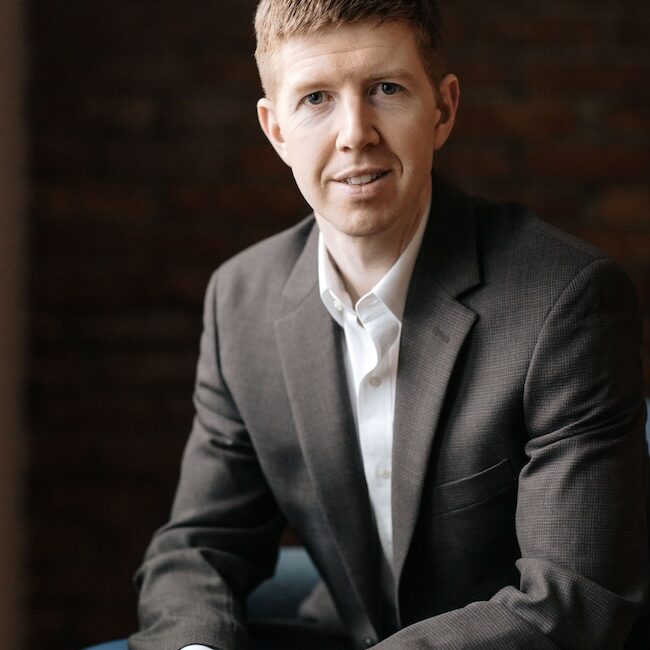Ten years ago, I came across Parkinson’s Law in Tim Ferriss’ book The 4-Hour Work Week. It’s one of the concepts that has quietly shaped how I see the world.
“Work expands to fill the time available.”
If you give yourself two hours to finish a presentation, you’ll likely get it done in two.
Give yourself ten hours? It’ll still take ten—often with only marginal improvements.
This has stuck with me. Anytime I catch myself thinking, “I just need more time,” I pause. Sometimes that’s true. But more often, I’m avoiding a decision that’s uncomfortable.
What’s fascinating is that Parkinson’s Law doesn’t just apply to time and work. It shows up everywhere:
Space
You move into a bigger home—and quickly fill it with stuff. Not because you need it, but because the space is there. I have friends who joined a credit card program that gave them two free checked bags on vacation. Soon, they were bringing everything imaginable in order to “take advantage of the space.” Their trips weren’t better—just bulkier. More to pack, more to carry, more to manage.
Money
You earn more—and find more ways to spend it. Subscriptions, services, gadgets, upgrades. What once felt optional now feels essential. Before long, changing jobs or taking a risk feels dangerous—because you’ve built a life that demands your current income.
Schedule
You get promoted. You’re now managing others instead of doing the hands-on work. The new job is ambiguous, so you start saying yes to every meeting. Before long, your days are full… but the most important conversations—the ones that require preparation and strategic thought—get squeezed out. You’re always in motion, but not always moving forward.
In all these cases, the trap is the same:
We assume our behavior won’t change just because the constraints have eased. But it does. And often, not for the better.
So what’s the alternative?
Start by noticing the pattern. Just because you can take more space, or time, or money—or fill every hour of your day—doesn’t mean you should.
Instead of using resources automatically, use them deliberately. Ask:
- What’s the purpose here?
- What will this give me?
- What might this crowd out?
Even a moment of reflection can change the trajectory.
This is the kind of shift my coaching clients have appreciated most —
Learning to take back their authority.
Not letting their calendar, inbox, or paycheck dictate their choices.
Making decisions that are rooted in clarity—not accommodation.
What about you?
Where have you earned or inherited more capacity—time, space, money, freedom?
Did it create more clarity? Or more clutter?
Where has “more” shown up in your life—and what did you do with it?

